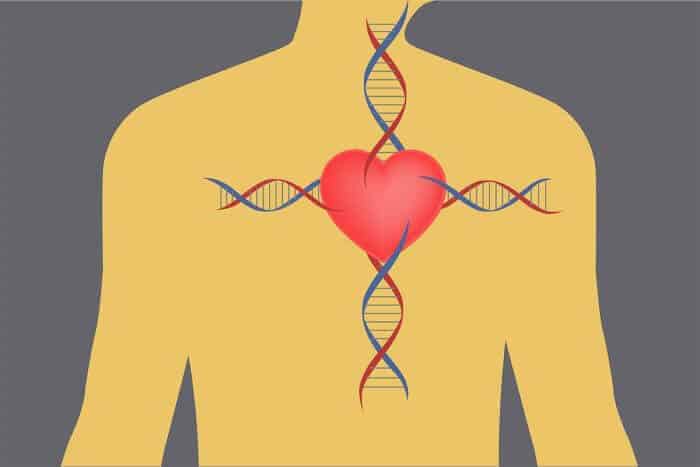Symptoms of depression lead to a greater risk of heart disease in older black adults, but not in white adults, reports a new study from the University of Michigan’s Institute for Social Research.
The study, published online in Research in Cardiovascular Medicine, used 18 years of data from ISR’s landmark Health and Retirement Study. The HRS is a longitudinal, biennial survey of a nationally representative sample of U.S. adults ages 50 and older.
The researchers analyzed a sample of 7,444 black and white survey respondents first interviewed in 1994, when they were between 53 and 63 years old. The participants reported whether they had symptoms of depression, including loneliness and restless sleep. They also were asked whether they had had a heart attack, or had been diagnosed with coronary artery disease, angina, congestive heart failure or other heart problems.
By the end of the 18-year survey period, researchers found the risk of heart disease in individuals with elevated symptoms of depression was nearly 30 percent higher in black adults than in white adults. Elevated symptoms of depression at the beginning of the survey thus proved to be a strong predictor of subsequent heart disease among black participants specifically. This remained true even when controlling for demographic and socioeconomic factors, as well obesity; behaviors that affect health, such as smoking and drinking; and other medical conditions.
“These findings suggest that efforts to improve detection and treatment of depression in African-Americans may have the added of value of reducing their risk of heart disease,” said co-author Amanda Sonnega, an assistant research scientist with the Survey Research Center at ISR. “Efforts such as these are needed to begin to address significant racial health disparities in the United States.”
The study authors noted that black adults are less likely to receive treatment for depression than their white counterparts, which may explain the impact on heart disease risk.
“The differences in vulnerabilities to the effects of depression on cardiovascular conditions are rules rather than exceptions, as they hold regardless of the predictor and the outcome,” said co-author Shervin Assari, a research investigator with the U-M Department of Psychiatry and a faculty mentor at the Center for Research on Ethnicity, Culture and Health, part of the U-M School of Public Health.
“As race affects every aspect of Americans’ lives, and life circumstances vastly differ for whites and blacks, the mechanisms by which psychosocial factors influence our health and illness are consistently shaped by who we are and our rank in society.”
If our reporting has informed or inspired you, please consider making a donation. Every contribution, no matter the size, empowers us to continue delivering accurate, engaging, and trustworthy science and medical news. Independent journalism requires time, effort, and resources—your support ensures we can keep uncovering the stories that matter most to you.
Join us in making knowledge accessible and impactful. Thank you for standing with us!

